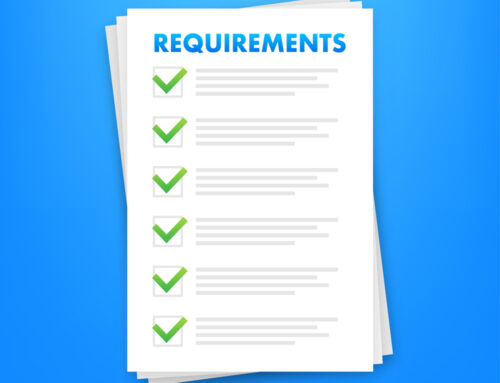High school students, on average, are applying to more colleges than they did in the past. The National Association for College Admission Counseling (NACAC) reported that in 2015, 36 percent of first-time freshmen applied to seven or more colleges, whereas in 2005, 17 percent of freshmen applied to seven or more schools.
average, are applying to more colleges than they did in the past. The National Association for College Admission Counseling (NACAC) reported that in 2015, 36 percent of first-time freshmen applied to seven or more colleges, whereas in 2005, 17 percent of freshmen applied to seven or more schools.
This increase in applications has made the college admissions process more competitive and, therefore, more uncertain and stress-inducing for high school students and their parents. Additionally, it has made it more difficult for colleges to predict how many of the students they admit will actually enroll.
To address this challenge, many colleges consider demonstrated interest in their admissions decisions. As I explained in a previous blog post, demonstrated interest involves communicating to a college that you are interested in it, and by that I mean doing more than submitting an application. In my post, I gave several examples of how students can demonstrate interest, including going on an official tour of a college, talking with an admissions counselor at a student’s high school or college fair, and signing up for a college’s email list.
If you choose to sign up for an email list, be aware that some colleges are now tracking whether you open their emails. Some schools are taking this a step further by tracking whether you click on the links in those emails, as well as how long you spend on the college’s website.
While this may seem rather intrusive, it could mean the difference between getting into your dream school or not. According to a NACAC study, in 2016, demonstrated interest was of “considerable importance” in the admissions process at 13.7 precent of colleges, and it was of “moderate importance” at 25.5 percent of colleges.
When you sign up for a college’s email list, you should use an email address that’s professional (i.e., your first and last name or your initials, rather than “awesomeanna” or “softballstar.”) Then, set aside a little time each week to open colleges’ emails and click through to their websites. Once you apply, regularly checking and opening emails from the colleges you applied to will become even more important, as most colleges use email to notify you of the status of your application and whether any parts of it are missing.
If you are curious about whether a particular college considers demonstrated interest, contact the admissions office and ask. (Doing so is actually a way of demonstrating interest in and of itself!) In my experience, most colleges are upfront about the role demonstrated interest plays in their admissions process.





